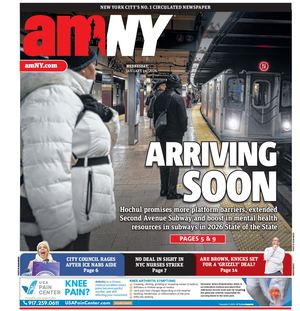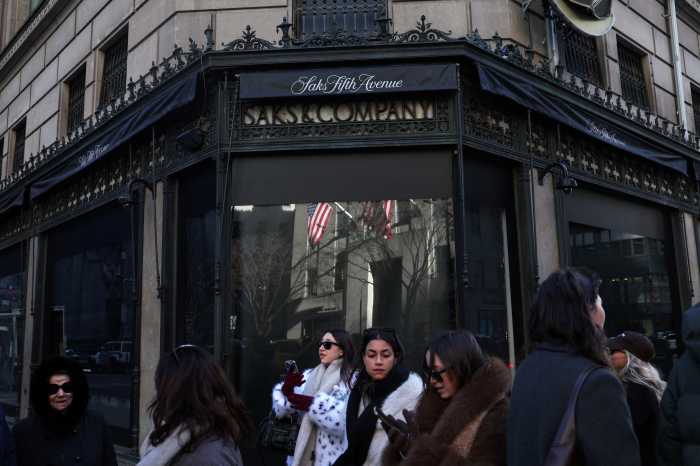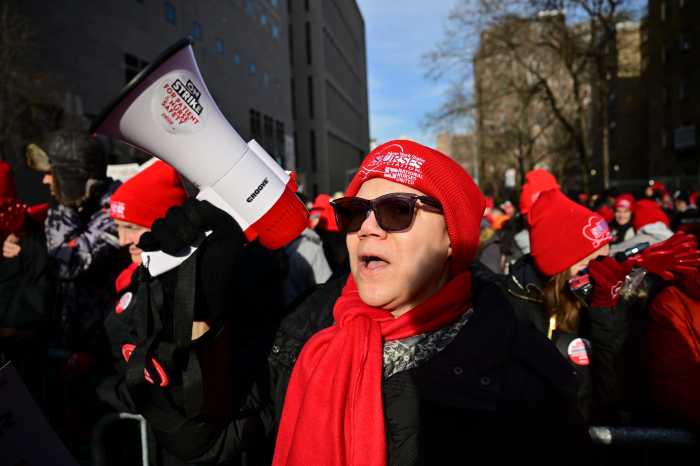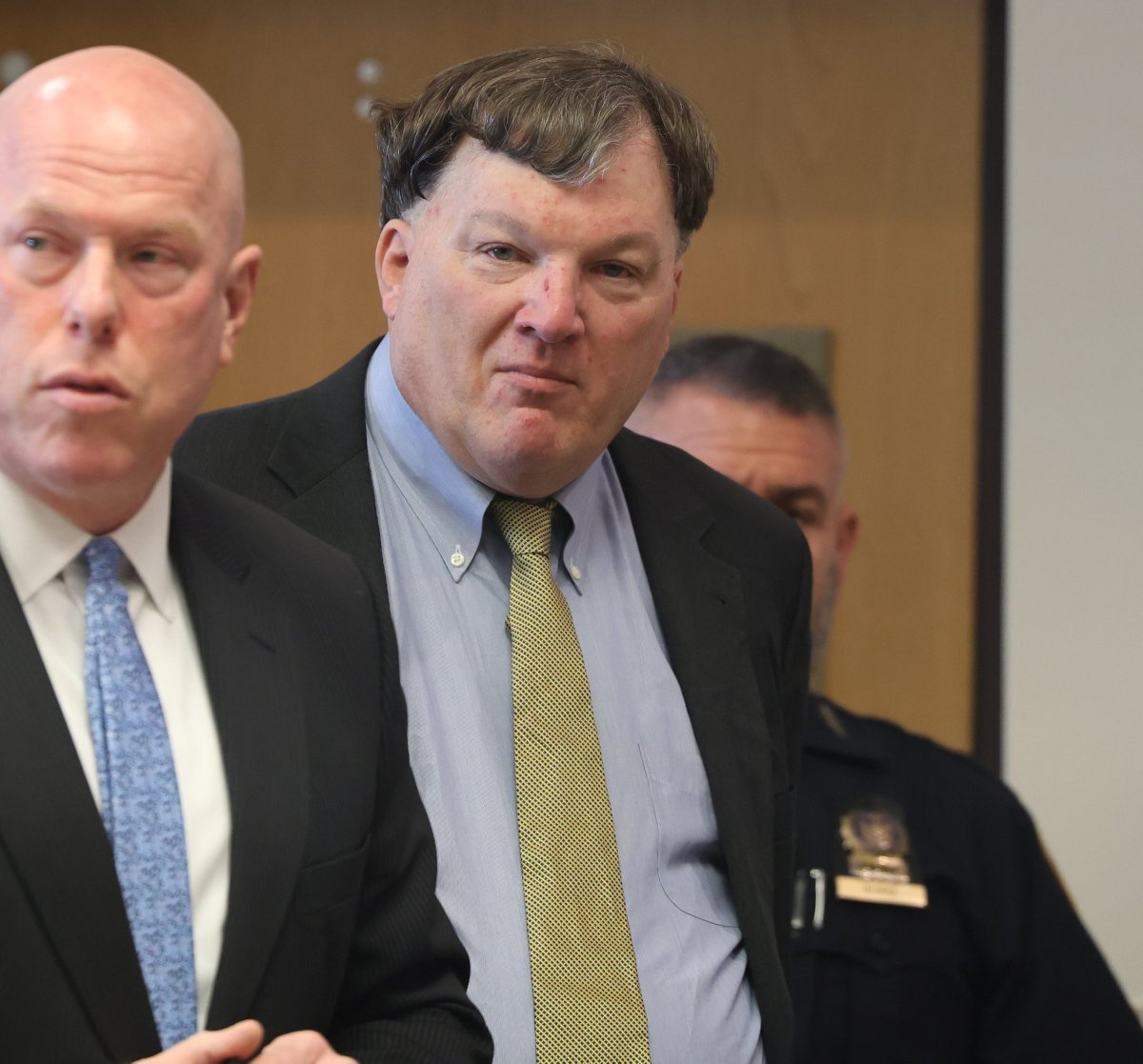
Brooklyn resident Winsome Pendergrass hasn’t saved any money in the last seven years because nearly all of her income goes to the rent on her Flatbush apartment.
“I have not saved a dollar,” the 59-year-old told amNewYork recently. “I can’t because my rent is my top priority.”
Pendergrass, a certified nursing assistant, initially signed a lease for the rent-stabilized two-bedroom apartment in 2010 at $1,200 a month. But three years ago, that price jumped to $2,000, she said. Each year she worries it will keep going up.
“I am so afraid of homelessness,” she said. “I’m so afraid of being on the street.”
Pendergrass’ rent was able to increase that much in part because the initial signing price was at the preferential rent, which is not subject to the laws that limit how much prices on rent-stabilized apartments can increase (currently 1.25 percent for one-year renewals and 2 percent for two-year renewals).
Instead, once the lease is up, landlords can increase the preferential rent up to the legal maximum, which is often hundreds of dollars more a month. About 30 percent of the city’s rent-regulated apartments have preferential rents, according to the city Rent Guidelines Board.
Loopholes in rent laws
Preferential rent is one of three “loopholes” in the state’s rent laws that affordable housing advocates say is contributing to the city’s housing crisis.
The other two are what they call the “vacancy bonus,” which lets landlords charge up to 20 percent more on an apartment when a tenant leaves, and vacancy decontrol, which allows an apartment to no longer be rent-regulated once the price hits $2,700.
The loopholes give landlords incentives to push tenants out of their homes, said Katie Goldstein, the executive director of the group Tenants & Neighbors.
“They raise rent after a year and then get a bonus when the tenant leaves because they can’t afford it,” she said. Then, as the rents continue to rise, fewer and fewer apartments are rent-regulated.
Tenants & Neighbors joined forces with other groups across the state to form the Upstate-Downstate Housing Alliance, which aims to put pressure on Gov. Andrew Cuomo to make getting rid of these loopholes his priority. The state’s current rent laws expire in 2019, but they’ve called on Cuomo to address them this year.
“We are very aware that it’s an election year, and we want the governor to have a tenant agenda, to solve the housing crisis,” said Renata Pumarol, the deputy director of New York Communities for Change, which is part of the coalition.
Cuomo’s office did not respond to a request for comment.
Three bills that would address the loopholes are being held up in the state Senate. While a handful of Democrats have sponsored them, they say they can’t move them forward because they don’t have the majority, and if Cuomo doesn’t make them a priority, there isn’t pressure on Republicans to address them.
Pointing fingers in the Senate
The bills would prevent landlords from raising the preferential rent at a lease renewal, repeal the vacancy bonus and repeal vacancy decontrol. They each have 11 to 16 co-sponsors and have been referred to the Housing, Construction and Community Development Committee, which is chaired by Sen. Betty Little, a Republican representing part of upstate New York.
Another coalition of activists, the Real Rent Reform (RRR) coalition, has called on members of the Independent Democratic Conference (IDC), which formed a majority coalition with Republicans, to get more support for the bills and move them forward.
“The IDC is the group that can bring the bills to the floor,” said Andrea Shapiro, a program manager for the Metropolitan Council on Housing, which is part of the RRR coalition.
The group has canvassed in some of the IDC members’ districts, including Sen. Marisol Alcántara’s district in Manhattan, Sen. Jesse Hamilton’s Brooklyn district and Sen. Jose Peralta’s district in Queens, passing out flyers and asking tenants to demand more from the representatives. All three senators have signed on as co-sponsors of the bills, but the advocates believe their coalition with Republicans gives them power to do more than co-sign.
Some IDC senators, however, said the bills need more support from other Democrats before they could even be considered on the floor, and it’s the responsibility of the primary sponsors — Sen. Liz Krueger, Sen. José Serrano and Senate Democratic Leader Andrea Stewart-Cousins — to get their colleagues to co-sponsor. Without 31 or 32 co-sponsors, the bills likely won’t be moved out of the committee.
“I urge my colleagues in the Senate to sign on to these bills so that they can gain the support necessary for passage, giving tenants the relief they deserve,” Alcántara said in a statement.
A spokesman for Peralta said the senator has been “working tirelessly to push for these bills.”
Stewart-Cousins, who sponsored the bill to repeal vacancy decontrol, and Krueger, who sponsored the bill preventing increases to preferential rents, put responsibility on Republicans to move the legislation forward.
“The fact of the matter is this: the Republican/IDC coalition controls which bills get a vote, and they have shown no interest in helping tenants or addressing our affordable housing crisis,” Krueger said in a statement.
“This bill has been stuck in committee for far too long, and I urge the Senate Republicans to advance it so we can start helping struggling New Yorkers stay in their homes,” Stewart-Cousins said.
Little, the housing committee chair, looks “forward to thoughtful dialogue on all of the factors that impact housing affordability,” but said, “the rent laws are traditionally negotiated at the time of sunset,” suggesting the bills won’t be discussed until just before the laws expire next year.
Serrano, who sponsored the bill to repeal the vacancy bonus, said the Senate shouldn’t wait for the deadline and hopes his colleagues on both sides of the aisle recognize the benefits affordability could bring for the city and the state.
“I don’t think it should be a wedge issue,” he said. “Affordability affects everybody.”







































